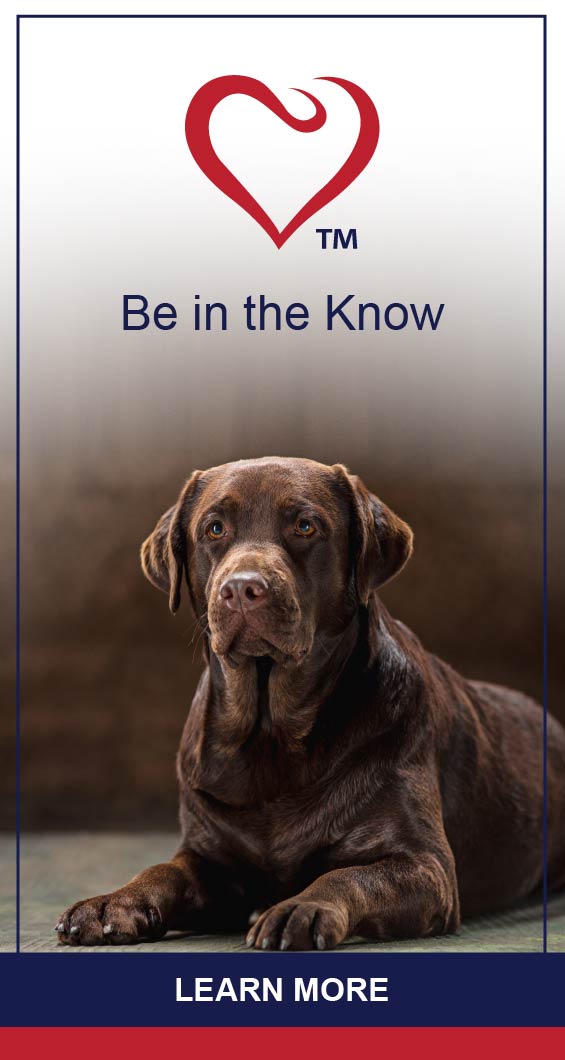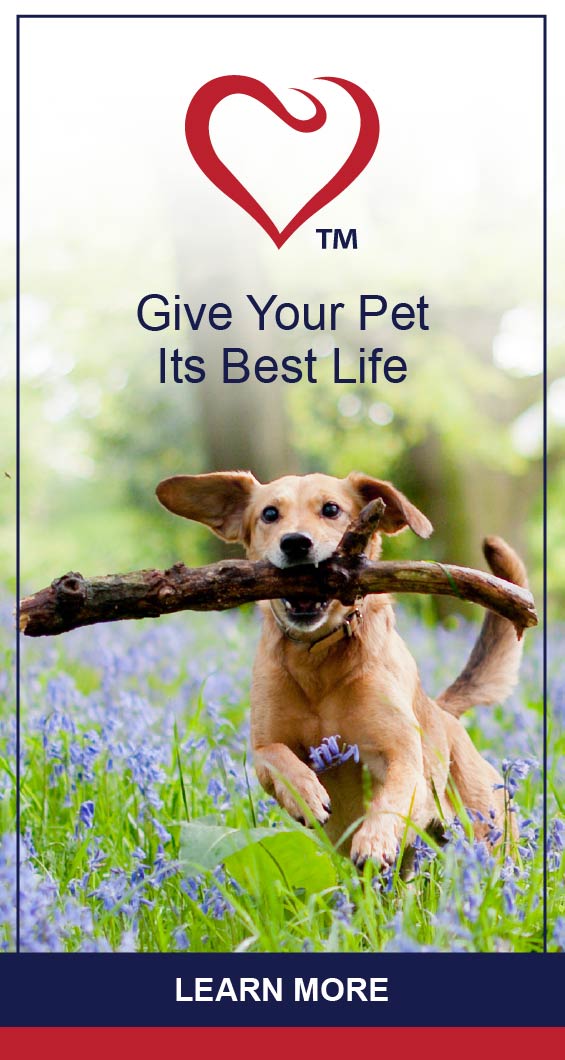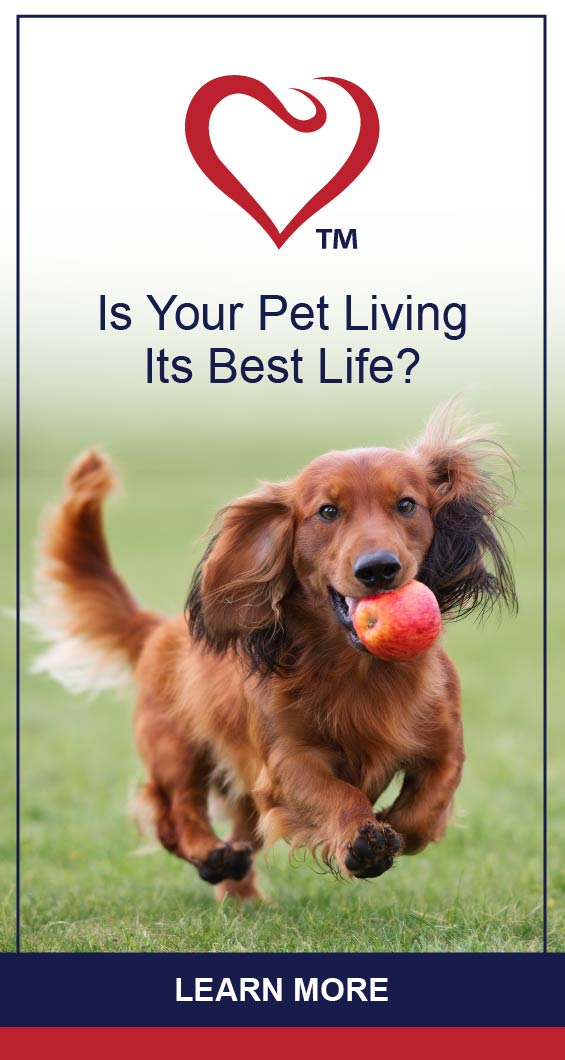HEALTH & WELLNESS

TRENDING

SIGN UP and Start Receiving
Our Monthly Newsletter,
The Chronicles
Constipation In Dogs

OVERVIEW
Constipation is the inability to routinely and easily evacuate the bowels resulting in retention of faeces or passage of hard, dry faeces.
When a dog is constipated, the colon – the section of the lower intestine that contains undigested food, mucus, bacteria, and dead cells before elimination – has become impacted with faeces that will not move.
Occasional constipation can generally be treated with dietary changes, enemas, and medication.
If the condition is left untreated, it can develop into obstipation – the severe, end-stage form of this disease process. At this point the colon is enlarged, blocked up or ‘impacted’. The dog may require hospitalisation and therapy, such as manual removal under anaesthetics of hardened faecal matter.
Megacolon is a condition in which the colon becomes grossly dilated, muscle tone is lost and it is unable to expel faecal material.
Megacolon leads to severe constipation and could be life threatening. Treatment usually involves surgery to remove sections of the colon.
With advanced constipation the dog is completely unable to evacuate its bowels. The colon is so enlarged and stretched that the barrier that normally prevents bacteria from moving from the dog’s faeces into its bloodstream is no longer functioning.
With translocation of bacteria, the dog becomes systemically ill and will die, if left untreated.
SYMPTOMS
Constipation can affect dogs at any age, but is seen more frequently in older dogs.
Constipation or obstipation may exhibit the following signs:
- Straining to defecate with little or no production of faeces
- Because of pain, constipated dogs may vocalise during attempts at defecation
- Infrequent or no defecation
- Hard, dry faeces
- Pain or yelping when eliminating
- Small quantities of faeces
- Small amount of liquid stool with mucus or blood
- Decreased appetite and thirst
- Occasional vomiting
- Poor appetite
- Lethargy
- Swelling around the anus
CAUSES
Some potential causes of constipation and obstipation include:
- Dehydration
- Inappropriate diet
- Traumatic injury
- Blockages from foreign materials such as bones or hair
- Lack of exercise
- Poor diet
- Decreased water intake
- Painful urination
- Dehydration, often caused by kidney disease
- Nerve damage
- Arthritis, making it painful to squat
- Tumours
- Some drugs, including anaesthetics
- Underlying metabolic abnormality
- Change of home environment
DIAGNOSIS
Following a physical exam and discussion of your dog’s symptoms, tests may include:
- Baseline blood tests
- A blood chemistry analysis
- Urinalysis
- Tests for signs of arthritis, which could account for your dog’s reluctance to posture
- Radiographs (X-rays) to confirm suspected constipation and show the extent to which the colon is dilated and whether a narrowing appears to be present
- Ultrasound imaging to rule out the presence of an obstructive tumour
- Colonoscopy (inserting a tube containing a small camera into the colon) done under anaesthesia. This enables the veterinarian to check for abnormalities such as narrowing of the colon, rectal lesion or tumours
- A biopsy of the tissue may also help identify other disease processes
Related Articles















